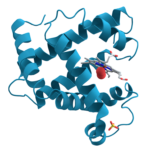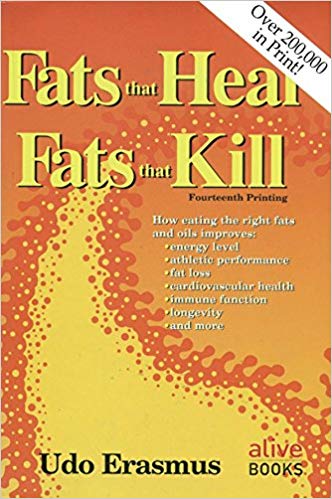By Ben Fuchs | Pharmacist Ben
Albumin, which is derived from the Greek word for white (as in albino or even album, which was originally a book with a bunch of white pages), is a multi-functional, Swiss army knife type protein with a chemical structure that allows it to perform many different biological roles. It’s primarily produced in the liver and measuring its levels is one of the ways physicians determine hepatic health. Deficiencies can be indicative of cirrhosis or liver disease. Albumin’s most well-recognized function involves its ability to act as water trapping or water attracting “sponge” in the blood. Albumin has an ability to pull water. It is technically called osmosis, but you can just think of a sponge. Dip a sponge in water and the water get sucked up automatically, that’s called osmosis and that’s exactly how albumin works in the blood. Sponges are made of long chain sugars that trap water and while albumin is more like a magnet than a trap, the water pulling or absorbing effect is the same.
 One of the most obvious consequences of an albumin deficiency is swelling and edema. That’s because without albumin trapping fluid it tends to leak out of the blood and into the tissues. Albumin can also be thought of as a fluid expander for the blood; without it blood can become thick and sludgy and more prone to clot. Albumin levels can drop significantly in the case of burns or blood loss. This loss of albumin can be serious and if it’s severe it can even be life threatening, and doctors will inject a pharmaceutical version of albumin into the blood as a replacement.
One of the most obvious consequences of an albumin deficiency is swelling and edema. That’s because without albumin trapping fluid it tends to leak out of the blood and into the tissues. Albumin can also be thought of as a fluid expander for the blood; without it blood can become thick and sludgy and more prone to clot. Albumin levels can drop significantly in the case of burns or blood loss. This loss of albumin can be serious and if it’s severe it can even be life threatening, and doctors will inject a pharmaceutical version of albumin into the blood as a replacement.
In addition to liver disease, low levels of albumin can be associated with malnutrition, digestive issues that impair protein absorption. Protein deficiency in the diet can cause low levels of albumin, and protein malabsorbtion can too. If you have intestinal disease or low stomach acid or deficiencies in digestive enzymes, all of these can compromise albumin levels. And low levels of albumin are not only an indicator of liver disease, they can be an indicator of all disease and a shortened life, as well.
One of the main reasons for the link between disease and low levels of albumin involves general protein synthesis. When the body is making enough protein it’s growing, and repairing, and healing, and anti-aging, and basically loving life. The production of albumin can be a measurement of overall protein synthesis. If you’re not making albumin you could likely be dealing with something doctor’s called Protein Energy Wasting (PEW) as in: all the stuff (e.g. albumin) that is supposed to be getting made from protein isn’t getting made. Protein is leaving your body instead of being used. PEW in essence means you’re falling apart; you’re degenerating instead of regenerating. The body is designed to heal and regenerate; if you’re degenerating and not healing, impaired protein synthesis and/or PEW, is probably involved.
And there’s more. Albumin has lots of little molecular pockets that can function as an ideal scavenger of oxygen and neutralizer of toxins. This makes albumin protective against circulatory disease too. As it’s floating around in the blood it’s protecting blood vessels from the “rusting” (oxidation) effects of oxygen and from the toxicity of blood poisons that can enter the circulatory system from the digestive tract and from gut bacteria.
Albumin acts like a shuttle for steroid hormones like testosterone and estrogen. These steroid substances essentially hitch a ride on albumin, hanging out in its structural pockets as it’s circulating through the blood until they approach a target tissue and cell, at which point the hitchhiking hormone molecule jumps off and does its thing. If you’re not making enough albumin, or you’re losing it, hormone delivery can be impaired and you’re going to have a problem. And while you can apply Androgel or take bio identical hormones, you’re potentially doing more harm than good. For example women with low albumin levels who use pharmaceutical versions of estrogen may be at a higher risk for heart disease and atherosclerosis and according to many researchers HRT shouldn’t be used at all in women who have low albumin issues. Low albumin levels are associated with lower male hormone activity in men, especially in men over 60. If your doctor is suggesting some kind of drug for Low-T, you may want to have your albumin checked first, especially if you have a history of digestive health issues, malabsorbtion, or fatty liver disease, or other possible albumin-depleting health issues.














